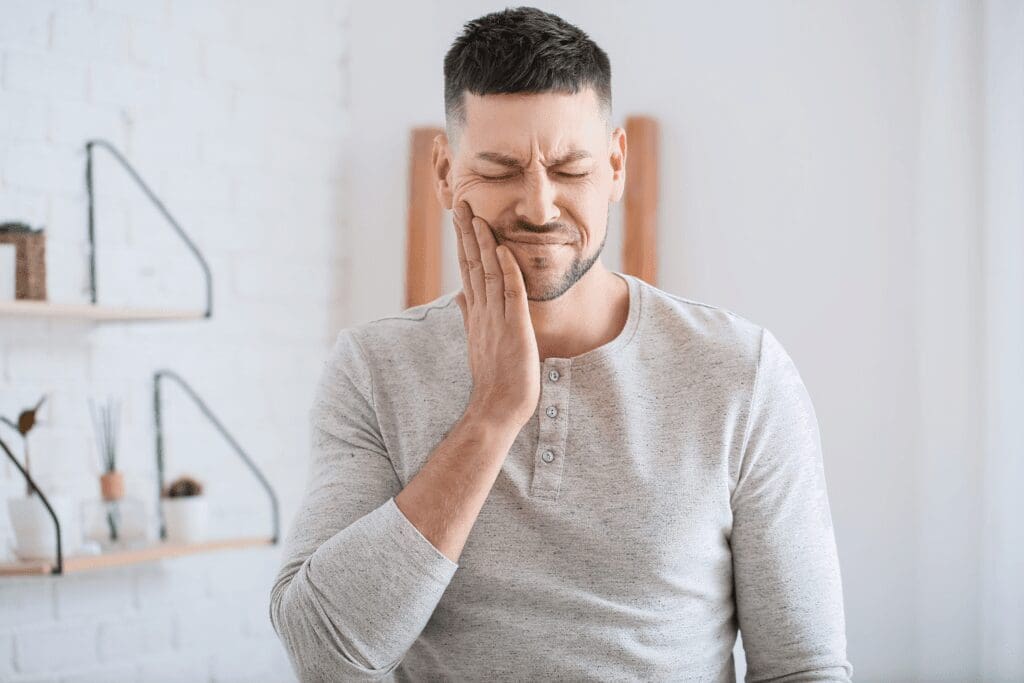
Many are aware cavities stem from bacteria but few recognize that these harmful bacteria can spread from one person to another through saliva which heightens the danger of decay for families. Your Jacksonville dentist at Northpoint Dental and the team work tirelessly to educate patients on the importance of maintaining excellent oral hygiene to prevent cavities.
Cavities, or dental caries, form when the bacteria in your mouth produce acids that erode the protective enamel of your teeth. Without proper care these acids persist in harming the enamel letting bacteria access the inner portions of the tooth. Eventually it could get to the dentin housing blood vessels and nerves potentially resulting in severe tooth sensitivity and infection.
If bacteria enter the deeper tooth structures the decay worsens quickly and can eventually result in tooth loss. Dr. Makary points out that consistent dental visits can help detect and resolve cavities before they cause trouble.
Unlike a conventional virus that spreads widely, cavities do not transmit in this manner but the microbes responsible for them can. The Streptococcus mutans bacteria reside in saliva and have ways to exchange between people. Upon entering another person’s mouth these bacteria start producing acids and result in cavities if their oral care is poor.
Let’s explore some of the most common ways that cavity-causing bacteria can be transmitted.
As Dr. Sara Makary advises, sharing toothbrushes is never a good idea. Toothbrushes harbor bacteria from plaque, food particles, and even blood, making them ideal breeding grounds for harmful microorganisms. When you use someone else’s toothbrush, you’re exposing yourself to their bacteria, which can increase your risk of cavities and gum disease.
We recommend replacing your toothbrush every 3-4 months to keep it free from accumulated bacteria and ensure optimal oral hygiene.
Even if you’re diligent about not sharing toothbrushes, bacteria can still spread when multiple brushes are stored too closely. If the heads of toothbrushes touch, bacteria can transfer from one brush to another, leading to potential cross-contamination. To prevent this, Dr. Makary suggests storing toothbrushes upright, spaced apart, and in an open area where they can dry properly.
This simple practice helps reduce bacterial spread and keeps your family’s oral hygiene routine effective.
As an intimate gesture, kissing involves direct saliva exchange, which means bacteria can easily travel from one person to another. If your partner has poor oral hygiene or untreated cavities, they may unknowingly pass cavities to you through kissing.
At Northpoint Dental, we emphasize that babies and young children are especially vulnerable to bacterial transmission through kissing. Their underdeveloped immune systems make them more susceptible to cavity-causing bacteria. Studies show that parents with untreated cavities can pass these bacteria to their children during everyday interactions, such as kissing or sharing utensils.
Another common way that cavity-causing bacteria are spread is through sharing utensils, such as spoons, forks, and even drinking glasses. When someone with cavities or poor oral hygiene uses an eating utensil, they leave behind bacteria in their saliva. If someone else uses the same utensil, they can easily pick up these bacteria and increase their risk of developing cavities.
Dr. Makary reminds families to avoid sharing utensils, especially with young children, to reduce the risk of bacterial transmission. Good oral hygiene habits, combined with personal utensil use, go a long way in protecting your family’s dental health.
Preventing cavities and the spread of cavity-causing bacteria is a priority for Dr. Makary and her team at Northpoint Dental. Here are some practical tips to help you protect your family’s smiles:
If you implement these strategies and make Northpoint Dental your go-to for routine checks you can minimize the spread of bacteria that causes cavities and ensure your family’s dental health. Reach out to us if you have issues with cavities or need to arrange a visit; we provide thoughtful and extensive dental support.
To find out more or arrange your next check-up at Northpoint Dental contact us immediately. Our goal is to help you obtain and uphold a radiant smile throughout your life!

Terms | Privacy | Accessibility
Dental Marketing & SEO Services by Dagmar Marketing